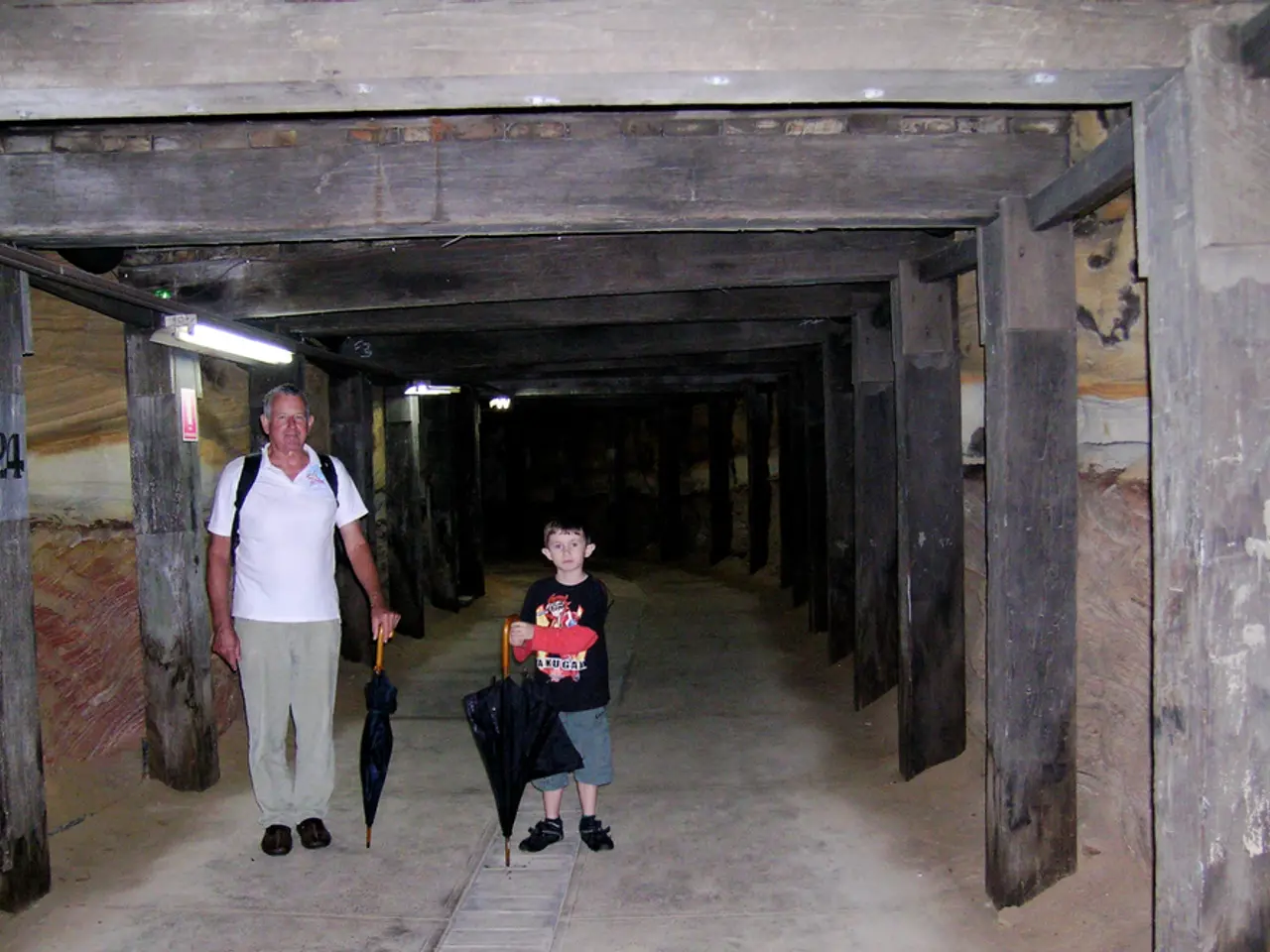The Council of Europe, a political and regional alliance consisting of European countries
The European Union has declared 2022 as the European Year of Youth, with the aim of providing new opportunities for young people and amplifying their voices. This initiative comes alongside the significant social policy progress made by the European Pillar of Social Rights (EPSR), which was adopted by the member states in 2017.
The EPSR is a set of common principles to guide social policy at the European and national levels. In 2022, the EPSR achieved a notable milestone with the adoption of the Directive (EU) 2022/2041 on adequate minimum wages and corporate governance. This directive aims to increase the share of women in company boards and supervisory bodies, contributing to a more equitable and inclusive European labour market.
However, it's important to note that the EPSR does not have extensive regulatory competence in all policy areas, like the European Union. Similarly, the EU has not disclosed the specific measures it will take to achieve its social policy goals at the European level.
As for the European Year of Youth, while various events such as discussions, conferences, seminars, and festivals are being held, the exact nature or format of these events remains undisclosed. The EPSR does not provide specifics about the format or nature of the events being held as part of the European Year of Youth.
Meanwhile, the European Union has a separate policy known as the Youth Guarantee. This policy aims to address youth unemployment by ensuring that all young people under 25 receive a job, apprenticeship, internship, or training offer within four months of leaving school or becoming unemployed.
The EU has committed to promoting employment, improving living and working conditions, ensuring adequate social protection, and combating exclusion in its contractual foundations. However, the EPSR is not mentioned as a policy that ensures employment, improves living and working conditions, ensures adequate social protection, or combats exclusion.
In conclusion, while the European Year of Youth and the EPSR are separate initiatives, they both share a common goal of improving the lives of young people in Europe. As the year progresses, we can expect to see more developments in both areas, with the EU continuing to work towards its social policy goals and the EPSR providing timely responses to current social policy questions and challenges.





